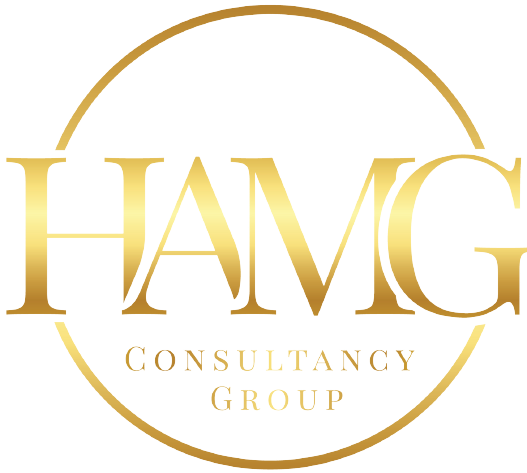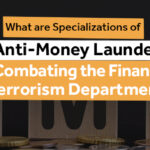Ethics lies at the heart of the auditing profession, playing a pivotal role in maintaining the integrity of financial reporting and upholding public trust. However, audit engagements are not immune to ethical challenges that can compromise the objectivity, independence, and professionalism of auditors. These ethical threats, if not recognized and addressed, have the potential to undermine the credibility of audit outcomes and erode the trust that stakeholders place in financial statements. In this article, we delve into some of the common ethical threats that auditors may encounter in the course of their work, accompanied by real-world examples that illustrate their implications.
1. Self-Interest Threat: When Financial Gain Clouds Judgment
The self-interest threat arises when auditors’ personal interests intersect with their professional obligations, leading to compromised judgment. This threat is particularly concerning when auditors have financial interests in the client or its outcome. For instance, an auditor owning shares in the company being audited might face a conflict between issuing an unfavorable audit opinion that could adversely affect the value of their investments and remaining objective in their assessment.
Example: Imagine an auditor who holds a significant number of shares in a technology startup undergoing an audit. The startup’s financial health is in question, and the auditor’s decision on the audit outcome could significantly impact the stock’s value. In this scenario, the self-interest threat may lead the auditor to downplay certain financial irregularities to protect their investment.
2. Self-Review Threat: Reassessing One’s Own Work Objectively
The self-review threat emerges when auditors are tasked with reviewing their own work or that of their colleagues. This challenge can arise during engagements that involve multiple phases or when auditors transition between different roles within an audit. In such situations, objectivity might be compromised as auditors may inadvertently overlook errors or weaknesses in their own or their colleagues’ work.
Example: Consider an auditor who initially conducted the risk assessment for an audit engagement and then later assumed responsibility for the substantive testing phase. The self-review threat could manifest if the auditor fails to adequately scrutinize the work done during the risk assessment phase, potentially leading to incomplete evaluations of material risks.
3. Advocacy Threat: Balancing Professionalism and Client Interests
Advocacy threats arise when auditors promote their client’s interests to the detriment of their objectivity and independence. Developing close relationships with clients can increase the risk of advocacy threats as auditors might become more invested in preserving client satisfaction rather than exercising objective judgment.
Example: Suppose an audit firm has a long-standing relationship with a manufacturing company. Over time, auditors have grown attached to the client and might be inclined to overlook certain irregularities or non-compliance issues to maintain the relationship and secure future engagements.
4. Familiarity Threat: Navigating Relationships with Clients
Familiarity threats arise when auditors develop personal relationships with individuals within the client organization, potentially impacting their ability to remain objective. These relationships can cloud the auditor’s judgment when evaluating financial information or internal controls.
Example: An auditor who has a close friendship with the CEO of a company might find it challenging to objectively assess the CEO’s decisions, especially if those decisions have financial implications for the company. The auditor’s judgment could be influenced by their emotional connection, leading to potential bias in their conclusions.
5. Intimidation Threat: Resisting Pressure and Influence
Intimidation threats arise when auditors are coerced or pressured to act in a way that compromises their professional judgment. Threats of litigation, job loss, or other forms of retaliation can exert undue influence on auditors, leading to compromised objectivity and independence.
Example: In a highly competitive industry, an audit firm might be threatened with the loss of a major client if they issue an unfavorable audit opinion. Fearing financial repercussions, the audit firm might succumb to intimidation and issue a more favorable opinion than the evidence suggests.
Ethical threats in audit engagements underscore the complexity and challenges that auditors face in their pursuit of objective, unbiased, and high-quality audits. Recognizing these threats is the first step toward mitigating their impact and ensuring the integrity of the audit process. The examples provided illustrate the real-world scenarios where ethical challenges can arise, highlighting the delicate balance that auditors must maintain between their professional obligations and external influences. By identifying, acknowledging, and addressing these threats, auditors can safeguard the credibility of their work, contribute to transparent financial reporting, and reinforce the trust that stakeholders place in the audit profession.




